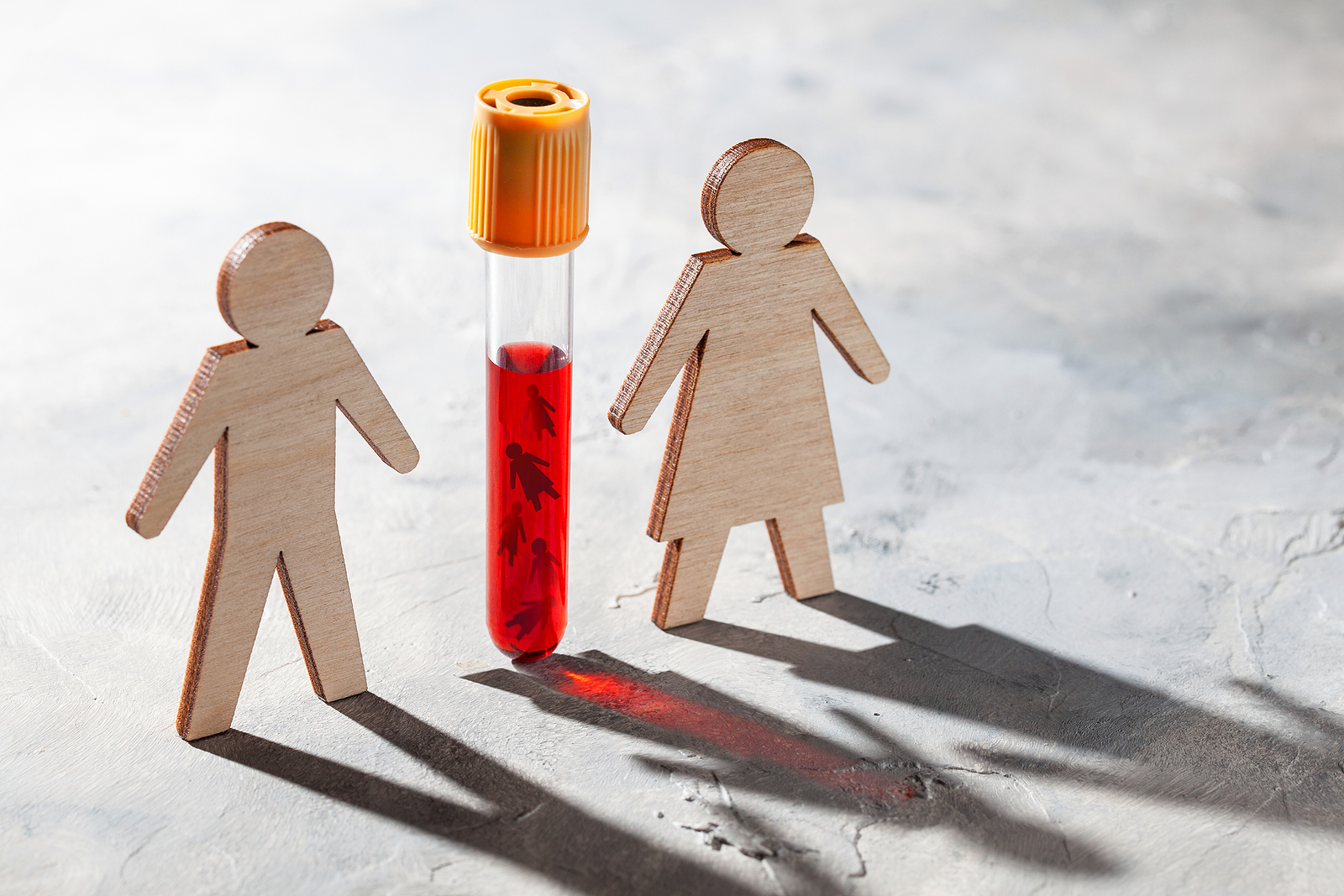
Spanish couple awarded €38,000 after IVF clinic produced the wrong kind of child
A Spanish couple has won a lawsuit in a Belgian court because an IVF clinic produced twins with the wrong genetic make-up. The parents were awarded €38,000 for “shock” and “impoverishment”.
It was the first time that a Belgian court had found that a healthy child can be the cause of loss to parents.
The first child born to the parents had beta thalassaemia, a genetic disorder which can be corrected with a bone marrow transplant. They wanted another child who could supply healthy bone marrow – a so-called “saviour sibling”.
Doctors at the Universitair Ziekenhuis in Brussels promised to do IVF and “pre-implantation genetic diagnosis” to ensure that the second child was a suitable donor. To the parents’ dismay, however, the clinic selected an embryo which proved not to be a match. Worse still, the embryo twinned.
The parents repeated the procedure at a hospital in Madrid and the fourth child proved to be a match.
Then the parents successfully sued the Belgian hospital. The judge ruled that the Spanish couple had “wanted two or three children within their family project, but under no circumstances four”.
More Stories
American IVF clinics are happily offering sex selection
The United States is one of the few countries where IVF sex selection is legal – and it is a...
Gaza’s IVF embryos have been destroyed by Israeli bombs
One of the many casualties of the war in Gaza has been the embryos and gametes stored at the Al-Basma IVF...
What’s all the fuss about genetic parenthood?
Some bioethicists question the importance of a genetic relationship between parents and children. What matters, they argue is a supportive...
RFK Jr’s vice-presidential pick is a vehement critic of IVF
IVF could be a major issue in the 2024 US Presidential campaign. So it’s interesting that the main independent candidate,...
World IVF market is already US$25 billion
According to Vision Research Reports, the size of the global IVF market was estimated at US$25.3 billion in 2023. By 2023 it will...
Some Americans are disposing of their costly frozen embryos
The cost of storing frozen embryos is steadily rising in the United States, prompting some people to have them destroyed....
